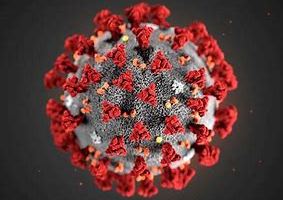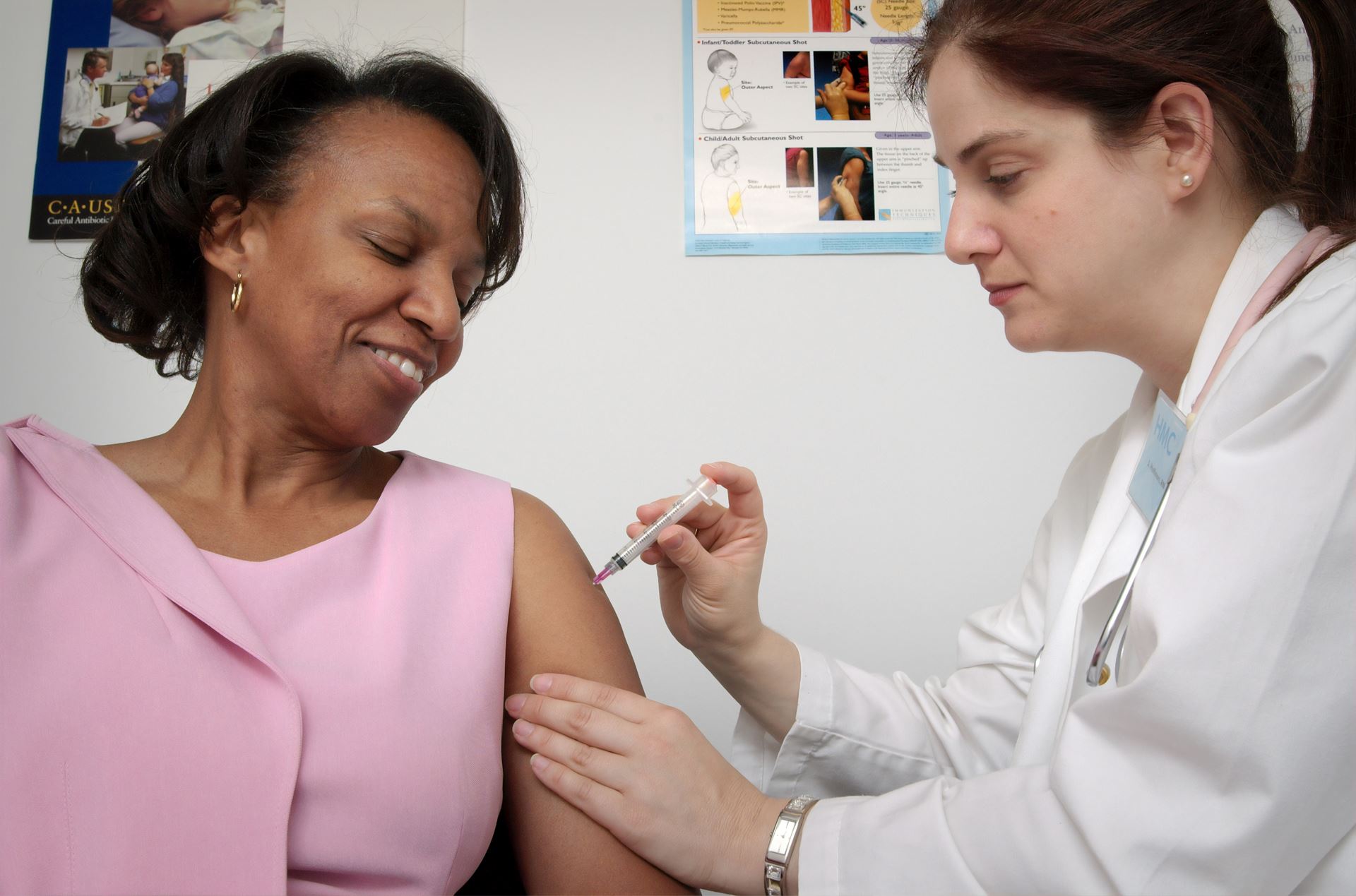Covid-19
Covid booster programme
This page will be updated when the next booster programme information is available.
Post Covid Fatigue Leaflets
Practical advice for people recovering at home - Post-viral fatigue - Practical advice for people who have recovered at home.pdf
Practical advice for people treated in hospital - Post_viral_fatigue_-_Practical_advice_for_people_treated_in_hospital.pdf
Conserving your energy - practical advise during and after Covid - Conserving your energy - Practical advice for people during and after having COVID-19.pdf
Latest information from the NHS for Covid-19
Help and Support

How to avoid catching or spreading coronavirus
- wash your hands with soap and water often – do this for at least 20 seconds
- always wash your hands when you get home or into work
- use hand sanitiser gel if soap and water are not available
- cover your mouth and nose with a tissue or your sleeve (not your hands) when you cough or sneeze
- put used tissues in the bin straight away and wash your hands afterwards
- avoid close contact with people who are unwell
- wear a face mask/face covering when travelling on public transport, when entering busy places where social distancing cannot be maintained and when visiting a health care setting
- do not touch your eyes, nose or mouth if your hands are not clean
